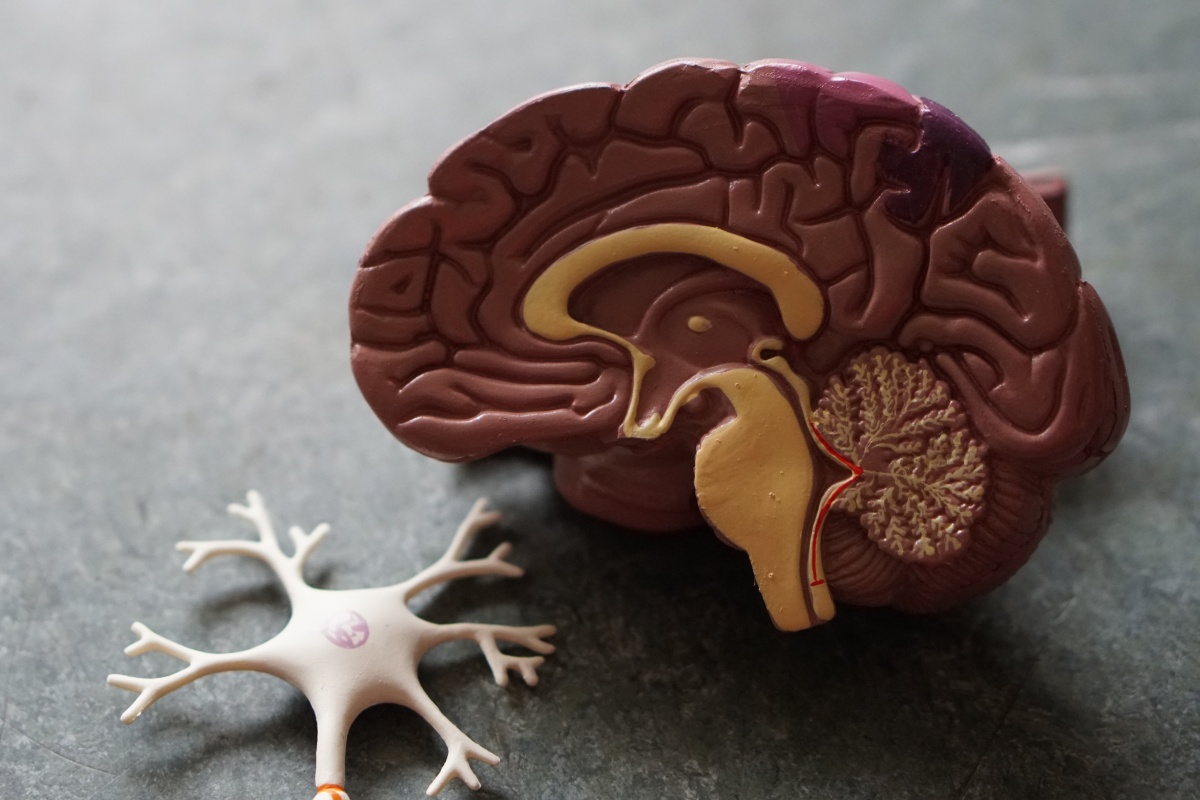
Course Overview
Conventional veterinary medicine and Traditional Chinese Veterinary Medicine (TCVM) differ in their approaches regarding the diagnosis and treatment of neurological diseases. However, when integrated, these two medical paradigms can lead to a deeper understanding of dysfunction and more effective therapeutic options for neurological patients. Understanding the disease process from a conventional perspective can deepen the understanding and application of TCVM theories and disease patterns, and lead to better TCVM treatments. Recognizing TCVM theories and disease patterns can deepen the understanding of the conventional disease and offer treatment even when there are no conventional treatments.
Just as the Eastern and Western veterinary approaches are most effective when used together, so are the modules of the Integrative Approach to Veterinary Neurological Diseases Course. This course is unique in that it separately offers the TCVM and Western perspectives on neurological diseases from renowned veterinarians, creating a comprehensive training and thereby enhancing the student’s integrative skills.
Although each module of the course can be taken independently, they’re designed to be taken together.

Course Objectives
This is an online distance learning course and is intended for both small animal and equine practitioners. Students will learn to evaluate and diagnose neurological patients and understand how to diagnose and treat the following disorders using an integrative approach: seizures, epilepsy, Wei and Tan-Huan Syndromes, cranial nerve disorders, degenerative neurological disorders, spinal cord disorders, cognitive dysfunction syndrome (CDS), meningoencephalitis, encephalitis, equine protozoal myeloencephalitis (EPM), facial paralysis and radial paralysis, and head trauma.
Integrative Approach to Veterinary Neurological Diseases
Taught in English
For veterinarians & veterinary students only
Up to 32 RACE approved CE hours
No semesters currently available
Instructors
Roger Clemmons
DVM, PhD, DACVIM (Neurology and Neurosurgery), CVA, CVFT
Dr. Clemmons graduated with his DVM from Washington State University. There, he also was granted a PhD in veterinary science (emphasis in neurophysiology and clinical neurology). Dr. Clemmons then took a faculty position at the University of Florida’s College of Veterinary Medicine where he practiced neurology and neurosurgery for 35 years before joining the private Veterinary Specialty Hospitals in Florida. Dr. Clemmons, a board-certified specialist in Neurology, has published over 100 peer-reviewed original studies, reviews, papers and abstracts and given numerous presentations, both in the US and abroad. At UF, he has had an active research program and is known for his work on platelet physiology and in the study of neurodegenerative diseases such as degenerative myelopathy. He has developed a number of innovative neurosurgical techniques including fixation of atlantoaxial subluxation and Wobbler’s syndrome. Dr. Clemmons taught veterinary and graduate students at the University of Florida for 35 years. Dr. Clemmons became a certified veterinary acupuncturist (CVA) at Chi in 2000. He was certified in TCVM Food therapy (CVFT) from Chi in 2009. He integrates Veterinary Acupuncture, Herbal Medicine, and nutrition into his practice. He is a national and international speaker in the field of neurology and the science of veterinary acupuncture.
Sally DeNotta
DVM, PhD, DACVIM
Sally DeNotta is board-certified by the American College of Veterinary Internal Medicine and is a member of the clinical faculty at the University of Florida College of Veterinary Medicine. She currently serves as the chair of the AAEP Infectious Disease Committee. Originally from the rural Oregon coast, she spent time in private practice in Oregon and Colorado before completing an internal medicine residency and PhD at Cornell University. She joined the UF faculty in 2018, where her clinical interests include equine infectious disease and clinical neurology. When not in the hospital, she is the UF equine veterinary extension specialist, serving as the liaison between the College of Veterinary Medicine and the Florida horse industry.
Cheryl Chrisman
DVM, MSTCVM, CVA, CVCH, CVTP, CVFT
Dr. Chrisman received her DVM from Michigan State University in 1968, an MS degree from the Ohio State University in 1974 and became certified in veterinary neurology by the American College of Veterinary Internal Medicine in 1976. Dr. Chrisman is a certified veterinary acupuncturist from Chi. She was a professor and Chief of the Neurology Service at UF for 30 years and integrated acupuncture into her neurology practice as well as a member of the UF Acupuncture Service. She is a Professor Emeritus at UF as well as the former Editor-in-Chief of the American Journal of Traditional Chinese Veterinary Medicine and is on the Executive Board of the American Association of Traditional Chinese Veterinary Medicine.
Huisheng Xie
DVM, PhD
Dr. Xie has 41 years of clinical, teaching, and research experience in veterinary acupuncture and TCVM. He has trained over 10,000 veterinarians to practice TCVM worldwide. Dr. Xie’s education includes advanced training in veterinary medicine, veterinary acupuncture, and human acupuncture. Dr. Xie has authored 20 books and over 100 peer-reviewed papers. His textbooks, including Xie’s Veterinary Herbology, Xie’s Veterinary Acupuncture, and Traditional Chinese Veterinary Medicine-Fundamental Principles, have been used for TCVM training programs around the world. Dr. Xie continues to teach and develop educational courses and programs at Chi University, serves as a full clinical professor at the University of Florida’s College of Veterinary Medicine, and is an honorary professor at China Agricultural University, South China Agricultural University, and China Southwest University.
Read moreEnrollment options
No semesters currently available
Frequently Asked Questions
How long will I get access to the online course?
You will get 4 months of access to this online course. The course can be accessed through our learning portal.